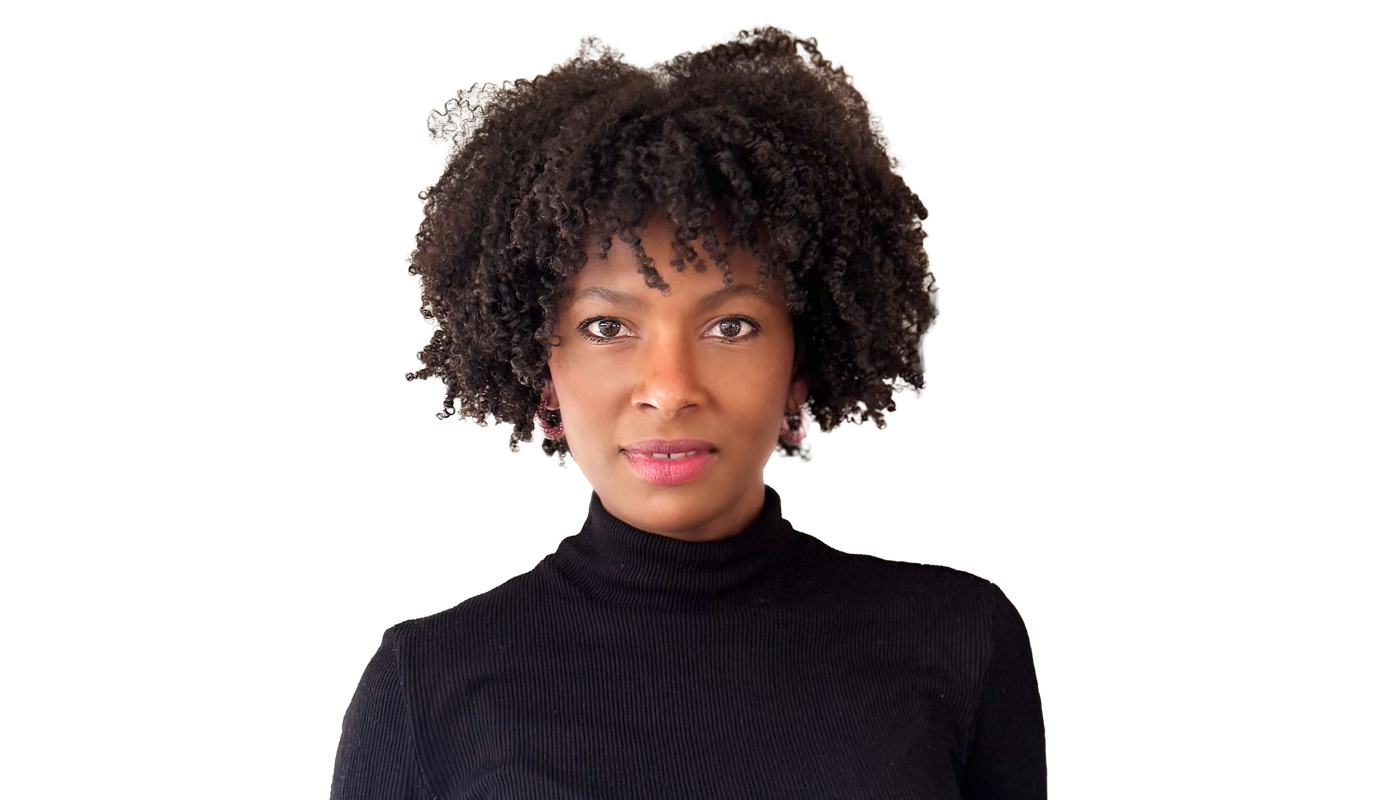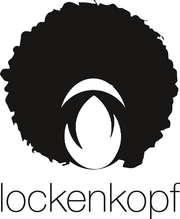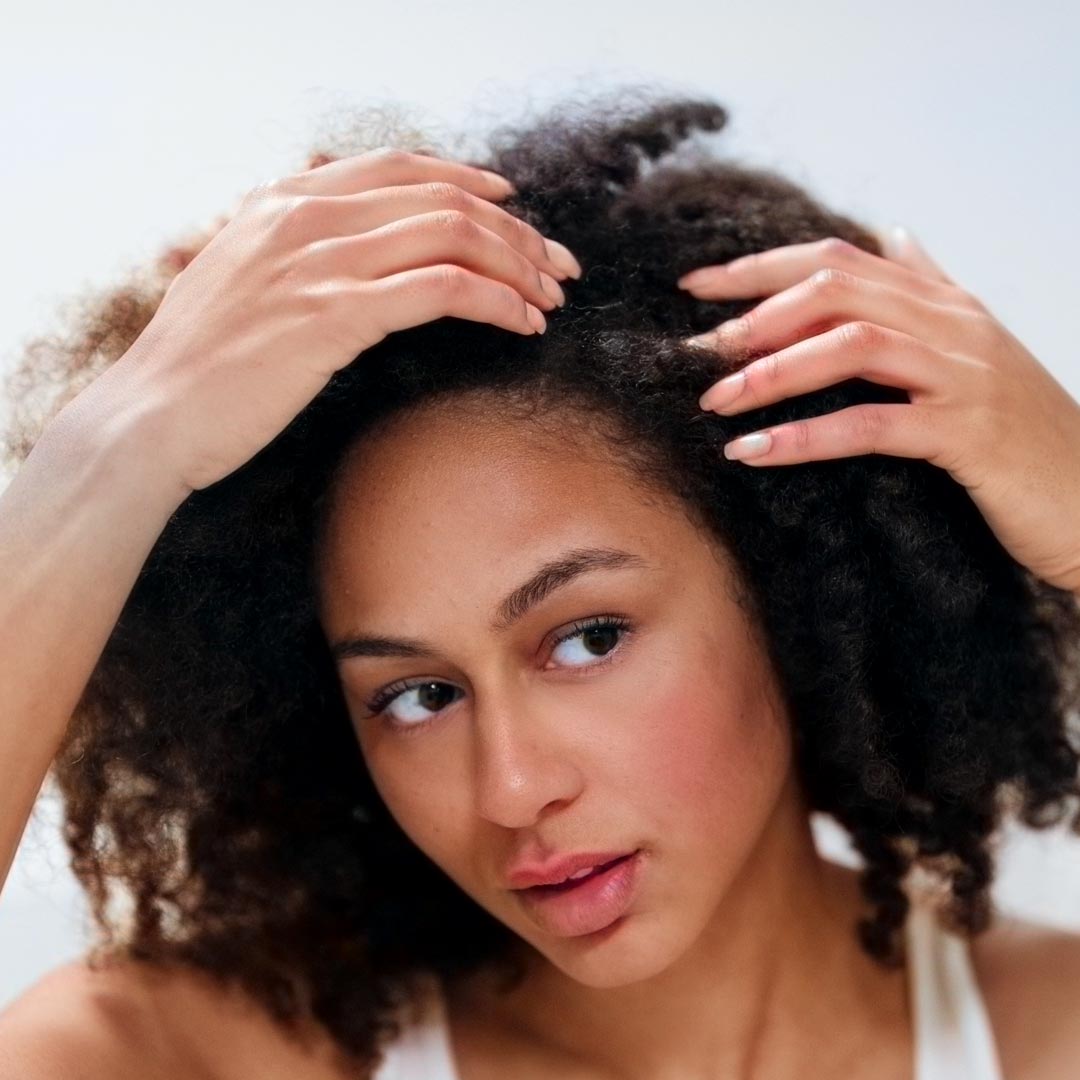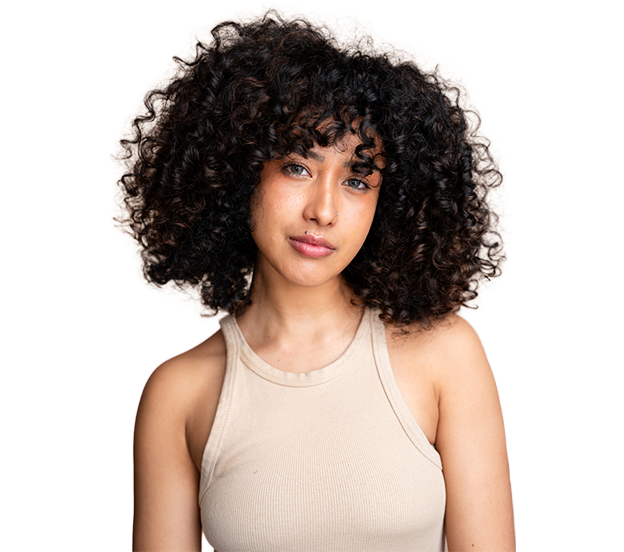Discover what really helps and how to rebalance your scalp
Itchy scalp can be more than just a minor everyday problem - it can affect your well-being, your styling and even your self-confidence. This unpleasant tingling or tightness signals that your scalp is out of balance. Whether due to dry air, the wrong care products, hormonal changes or stress - there are many causes. But the good news is that you can help your scalp to calm down and regain its natural balance.
In this article, you will find out why the scalp sometimes "freaks out", how you can recognize typical triggers and which care and lifestyle tips you can use to ensure lasting relaxation. Because healthy scalp doesn't just mean less itching - it's also the basis for strong, shiny hair that you love to wear.
What itchy scalp really means - causes in the micro-ecosystem of the scalp
Our scalp is a small miracle - a sensitive micro-ecosystem consisting of millions of microorganisms, sebaceous glands and nerve endings. If this finely tuned system is out of balance, the skin often reacts immediately with a feeling of tightness, redness, burning or itching. An itchy scalp is therefore not a problem in itself, but a signal that your skin barrier is disturbed or under stress.
The most common causes include dry scalpproduct build-up, climatic influences or overly aggressive shampoos. Hairsprays, silicones or frequent blow-drying can also weaken the scalp's natural protective layer. If it is degreased too much, it often reacts with an overproduction of sebum - a cycle that promotes flaky, dry scalp or even greasy dandruff.
Stress, hormonal fluctuations and an unbalanced diet also play a role. After all, what we eat, how we sleep and which care products we use directly influence the microbiome of the scalp - and therefore how comfortable it feels.
So if you are under itchy scalp it's worth not just thinking about a shampoo, but taking a holistic approach: from your skincare routine and lifestyle to your mental balance.
Itchy scalp or dry scalp? Differential diagnosis & typical symptoms
Do you know the feeling of constantly scratching your scalp and not knowing whether it's due to dryness or something else? One itchy scalp often feels similar to a dry scalp, but the causes can be very different - and this is exactly where the key to proper care lies.
While a dry scalp is usually caused by a lack of moisture, an itchy scalp is often caused by irritation or overloading of the skin barrier. You can tell the difference by the fact that a dry scalp usually feels rough, tight or flaky - especially after washing or blow-drying. An itchy scalp, on the other hand, reacts to external stimuli such as fragrances, alcohol in the shampoo or water that is too hot.
Typical symptoms are fine, white flakes and sometimes a slight burning or stinging sensation. More severe irritation can lead to redness, inflammation or even pimples on the scalp. If you notice these signs, this is not a sign of a lack of hygiene - on the contrary: the scalp is often simply over-cared for or unbalanced by the wrong products.
Here is a little tip: If you are unsure whether you suffer from dry scalp or itchy scalp, do the finger test: Gently stroke your scalp - if it feels taut, rough or flaky, it needs moisturizing. If you feel a burning sensation or a slight pulling sensation, it is probably irritated.
Itchy scalp with dandruff - correctly classifying scalp dandruff (dry vs. oily)
Few things are as annoying as visible dandruff on your clothes - especially if they are accompanied by an itchy scalp. But not all scalp dandruff is the same. To really be able to provide targeted help, you need to know whether you suffer from dry dandruff or oily dandruff.
- Dry dandruff occur when the skin has too little moisture. They are fine, whitish and trickle easily from the scalp. This is usually associated with a dry scalp This is accompanied by a feeling of tightness, slight itching and often brittle hair. It is typical for dandruff to appear particularly after washing or in cold weather.
- Greasy dandruff on the other hand, stick to the scalp, appear larger and yellowish. They develop when the sebaceous glands are overactive - in other words, when they produce too much oil. This is a perfect breeding ground for yeast Malasseziawhich occurs naturally on the skin of many people, but which, when overgrown Inflammation on the scalp and reinforced Itching can trigger.
Our tip: If you suspect you have oily dandruff, use a mild shampoo with antimicrobial ingredients or zinc pyrithione. For dry dandruff, moisturizing ingredients such as aloe vera, hyaluronic acid or a few drops of jojoba oil will help.
No matter what type of scalp dandruff is bothering you - avoid hot water, aggressive shampoos and washing too often. Because the more you irritate your scalp, the more it reacts - with even more itching and dandruff.
Lockenkopf- Why curls promote itchy scalp and flaky dry scalp
If you have curls, you probably know the feeling: Your hair looks wonderful, but underneath it often makes your scalp feel tight or irritated. This phenomenon is known as the Lockenkopf- beautiful, well-groomed curls that also struggle with an itchy scalp or flaky, dry scalp.
The reason lies in the special structure of curls. Their spiral shape makes it much harder for the sebum, which is supposed to protect the scalp, to be distributed to the lengths. This means that the scalp often remains drier, while the ends of the hair quickly become dehydrated. At the same time, many curly heads tend to wash their hair less frequently - which is gentle, but can also lead to product residue, build-up or even silicones accumulating on the scalp.
This imbalance can lead to a stressed skin barrier, micro-inflammations or small pimples on the scalp. The result: an itchy scalp, crusts on the scalp or stubborn dandruff that just won't go away.
A little everyday hack for you: Curly heads should regularly incorporate gentle but thorough cleansing - preferably with a sulphate-free shampoo or a scalp scrub. Afterwards, a moisturizing leave-in or a few drops of natural oil will help to soothe the skin and restore balance.
This keeps your itchy scalp relaxed - and your curls retain their natural shine and bounce.
Typical triggers - products, climate & inflammation on the scalp as drivers for itchy scalp
Sometimes our scalp reacts more sensitively than we think. An itchy scalp can have many faces - and there is often more to it than just dryness. Products, climatic influences and inflammation of the scalp are among the most common triggers.
Many shampoos and styling products contain sulphates, alcohols or synthetic fragrances that attack the skin's natural protective film. This can make the scalp feel sore or even cause minor redness. Residues of silicones or product build-up can also clog the pores and make the itching worse.
Then there's the weather: cold, dry winter air or hot summer days with UV radiation bring the Moisture balance of the scalp. And if you blow-dry too often or wash with very hot water, you will further irritate the skin.
If you want to do something good for your scalp now: Reduce everything to the essentials for a few weeks - a mild shampoo, a gentle scalp scrub and a light oil are all you need. Avoid products with strong surfactants or perfume and give your scalp regular breaks. You will soon notice how the itchy scalp calms and feels freer again.
Build-up & Co-Wash - When itchy scalp leads to spots, scabs and crusts
If you love your curls, you like to look after them - sometimes a little too well. Many curly heads swear by the Co-Wash(i.e. washing with conditioner only) to retain moisture. But this is exactly where a problem often arises: too much care and too little cleansing. What's more, the conditioner in the curls also serves to close the cuticle - what is wanted in the hair can, however, close the natural pores on the scalp and thus also lead to scalp problems.
The result? Build-up - i.e. deposits of products, sebum and dirt on the scalp.
When this build-up accumulates, the skin can no longer breathe properly. This quickly leads to an itchy scalp, pimples on the scalp or small inflammations. In some cases, scabs or crusts even form on the scalp because the pores are permanently blocked.
A gentle but regular scalp scrub can work wonders here. It removes residue without irritating the skin and brings the scalp back into balance. Natural ingredients such as tea tree oil, apple cider vinegar or aloe vera are particularly effective, as they have an antibacterial and soothing effect at the same time.
This will bring your scalp back into balance: Wash your hair every one to two weeks with a mild, clarifying shampoo - ideally silicone-free and sulphate-free. You can then continue your care routine as usual, but in smaller quantities. The motto is: less is often more. This keeps the scalp free, fresh and healthy - without an itchy scalp.
SOS routine - What to do for dry scalp? Quick help for itchy scalps in everyday life
A itchy scalp can really throw you off balance in everyday life - especially if it is constantly taut or tingling. The good news is that you can give your scalp immediate relief without having to change your entire skincare routine.
Here is a simple SOS routine that you can implement straight away if your dry scalp rebels again:
✓ Gentle cleaning - Use a mild, moisturizing shampoo without sulphates. It cleanses without attacking the skin barrier. Make sure you gently massage your scalp - this stimulates blood circulation and relieves itching. You can find gentle shampoos for sensitive scalps here.
✓ Care, but targeted - A few drops Massage the oil into the scalp in small circular movements act like a protective layer. They moisturize and soothe irritated skin. Here you can find oils and treatments for your scalp
✓ Do not over-maintain - Too many products can unbalance the skin even more. Keep it minimalist: less foam, less styling, more rest.
✓ Air & relaxation - If possible, let your hair air dry more often. Heat is one of the biggest stress factors for a sensitive scalp.
Little scalp love moment: Massage a little oil into your scalp in the evening before going to bed and leave it to work overnight. This soothes, nourishes and ensures that you wake up the next morning with a relaxed, soft scalp - without any itchy scalp.
With this simple routine, you can quickly intercept the first signs of dry scalp and ensure a healthy balance in the long term.
Conclusion: Understanding, soothing and preventing an itchy scalp
An itchy scalp is not destiny - it's a sign that your skin needs attention. Whether it's dry scalp, dandruff, crusts or inflammation on the scalp - these are all signs that your microclimate is out of balance. The good news is that with the right care, gentle routines and a little patience, you can keep your Soothe the scalp again.
Go for mild, silicone-free and Sulphate-free productsgive your skin regular little breaks and don't forget: less is often more. A relaxed scalp not only means less itching, but also healthier, shinier hair - and that's exactly what you feel every day when you look in the mirror.
And remember: Also Dry hair benefit from a healthy scalp. If you're wondering, What to do with dry hair or like you Caring for dry hair always start at the root - with scalp care. This creates the basis for naturally beautiful, strong and well-groomed curls.
Beauty begins at the root - and that lies in your scalp. If you give it attention, care and love, it will thank you with balance and well-being.



